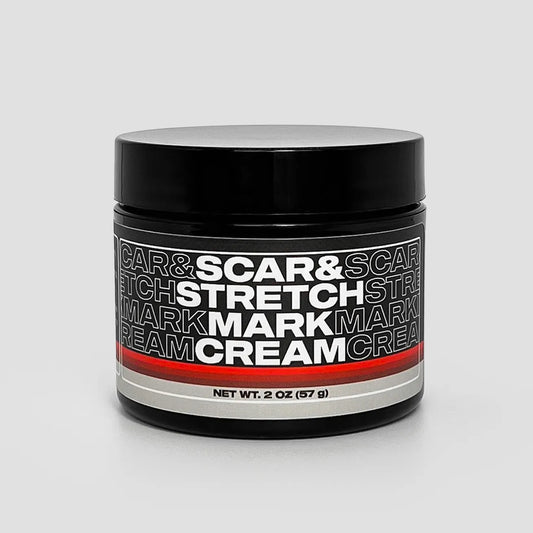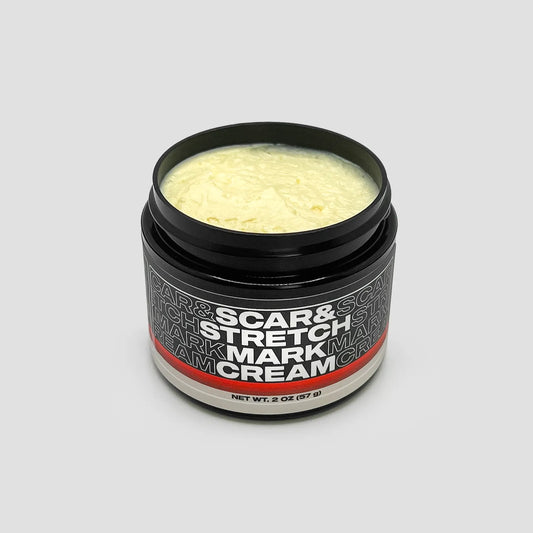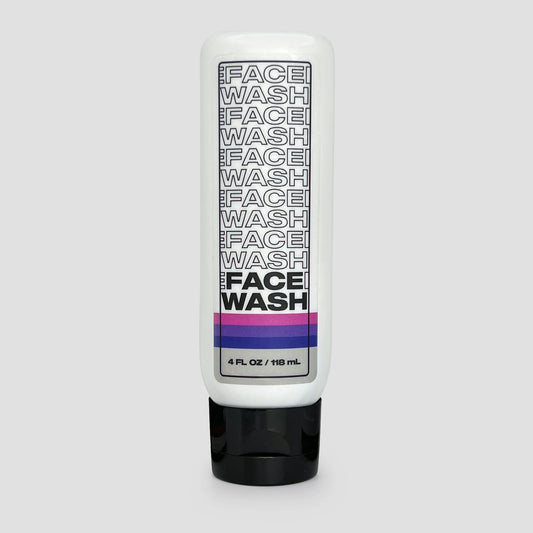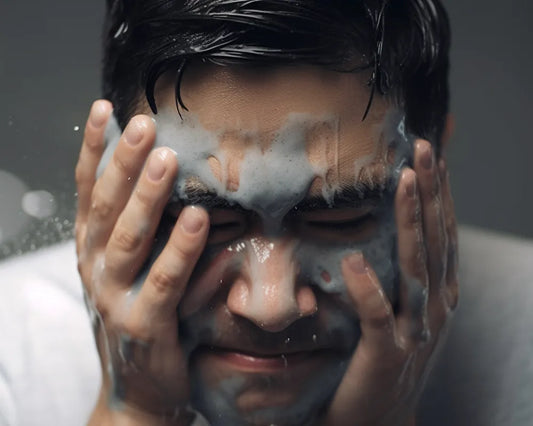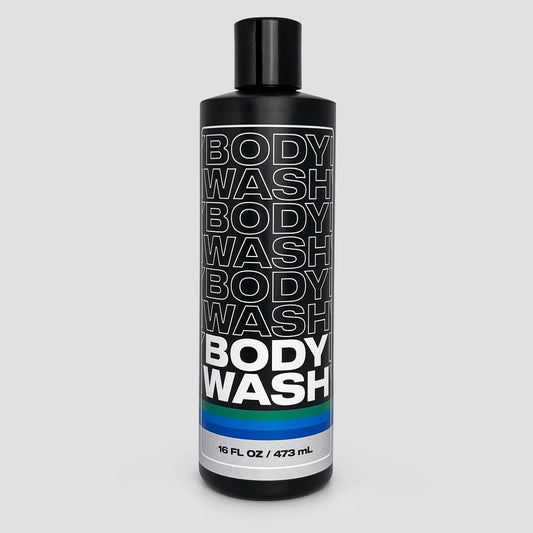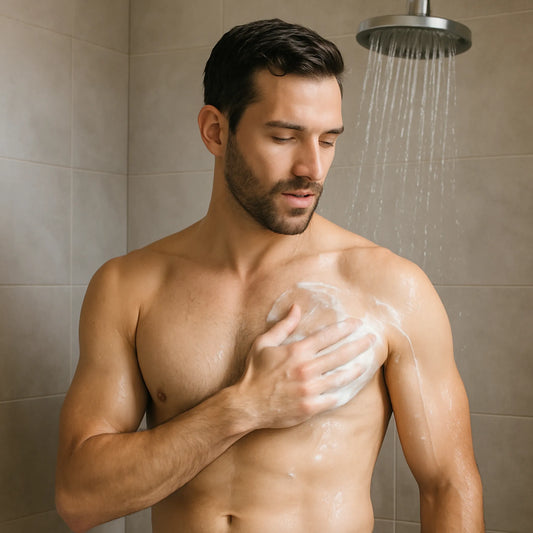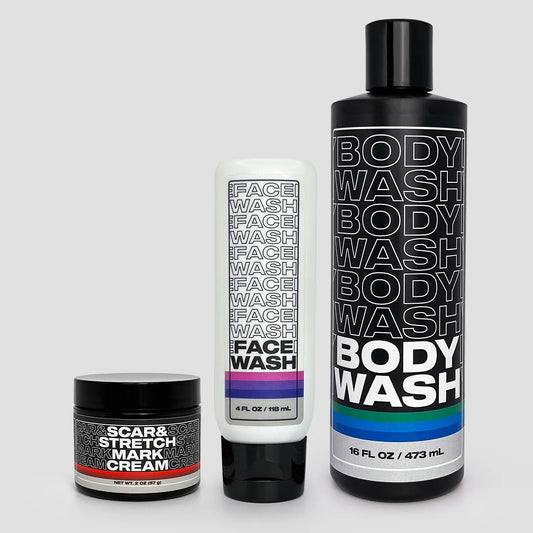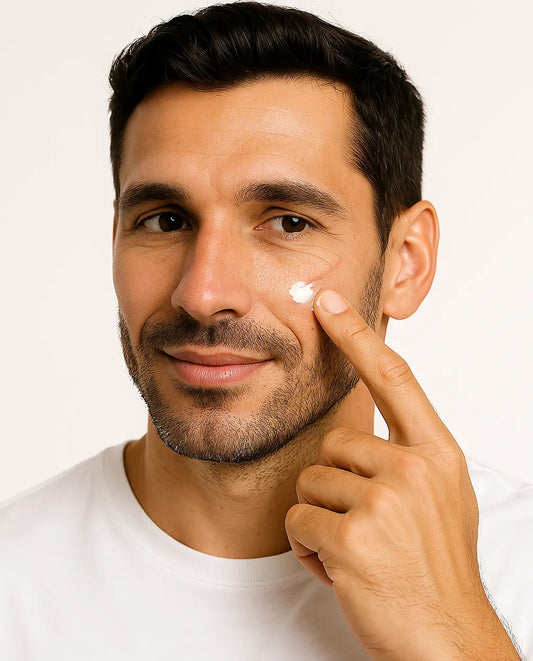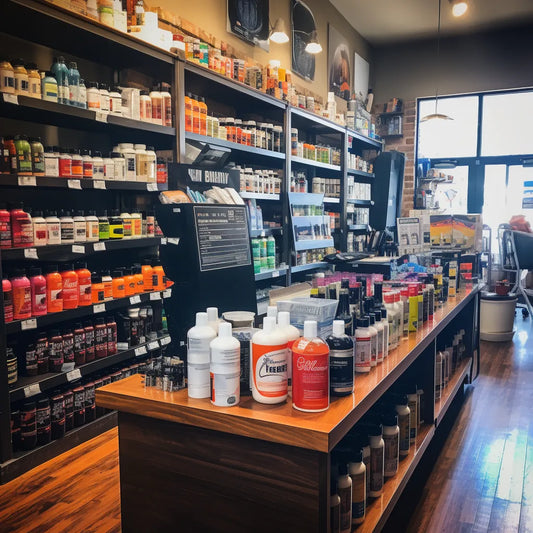
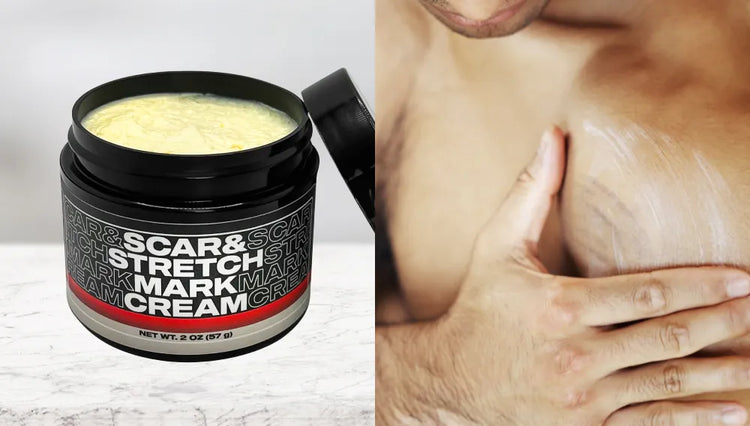
Discover the secrets to overcoming fungal acne and gaining the confidence you deserve. If you're an athletic man between the ages of 18 and 34 who cares about your skin and overall well-being, this article is for you.
Fungal acne can be a stubborn and frustrating issue, but with the right knowledge and a proven treatment plan, you can achieve clear and healthy skin. In this comprehensive guide, we'll explore the causes of fungal acne, effective treatment options, and lifestyle changes that can support your skin's healing process.
By the end of this article, you'll have the tools and information you need to take control of your skin and confidently tackle fungal acne head-on.
What is fungal acne?
Fungal acne, also known as pityrosporum folliculitis, is a specific type of acne caused by an overgrowth of yeast on the skin. Unlike traditional acne, fungal acne is not caused by bacteria but rather by specific yeast species, such as Malassezia.
How can I differentiate fungal acne from regular acne?
Differentiating fungal acne from regular acne can be challenging as they share similar symptoms. However, certain characteristics such as uniform-sized bumps, intense itching, and the presence of whiteheads or pustules can be indicators of fungal acne. It's essential to consult a dermatologist for an accurate diagnosis.
Creating an Effective Fungal Acne Treatment Plan
Follow these steps to develop a personalized treatment plan that targets fungal acne and restores your skin's health.
1. Identify the Symptoms
Start by recognizing the symptoms of fungal acne, including itchy bumps, whiteheads, and pustules that are resistant to traditional acne treatments. Proper identification is crucial for an accurate diagnosis.
2. Consult a Dermatologist
A dermatologist will diagnose your condition and recommend suitable treatment options. They may prescribe antifungal medications or topical creams to combat the overgrowth of yeast responsible for fungal acne.
3. Adopt Healthy Skincare Practices
Follow a consistent skincare routine that includes gentle cleansing, avoiding harsh products, and always keeping your skin clean and dry. Opt for non-comedogenic and oil-free products to prevent further irritation.
4. Make Dietary Changes
Certain foods can worsen fungal acne, such as those high in sugars and carbohydrates. Opt for a balanced diet rich in fruits, vegetables, whole grains, and lean proteins to support your skin's healing process.
5. Practice Good Hygiene
Maintain good hygiene practices by regularly washing clothes, bedding, and towels to prevent the spread of yeast. Avoid tight-fitting clothing, as it can trap moisture and contribute to fungal acne flare-ups.
6. Stay Consistent and Patient
Treating fungal acne requires patience and consistency. Stick to your treatment plan, and don't get discouraged if results aren't immediate. Giving your skin time to heal and following your dermatologist's advice is key to success.
7. Maintain Healthy Habits
Even after successfully treating fungal acne, maintaining healthy habits is essential to prevent future flare-ups. Continue practicing good skincare routines and adopting a healthy lifestyle to keep your skin radiant and clear.
Can I use over-the-counter products to treat fungal acne?
While certain over-the-counter products might provide temporary relief, it's recommended to consult a dermatologist for a proper diagnosis and personalized treatment plan. Over-the-counter products may not effectively target the underlying cause of fungal acne.
Are there any natural remedies for fungal acne?
Natural remedies like tea tree oil, apple cider vinegar, and coconut oil may have antifungal properties, but their effectiveness varies. It's crucial to consult a dermatologist before relying solely on natural remedies to ensure the best outcome for your skin.
Take Control of Your Skin and Conquer Fungal Acne Today
Now armed with knowledge and a solid treatment plan, you have the power to overcome fungal acne and achieve the clear complexion you've always wanted. Remember, it's essential to consult a dermatologist for an accurate diagnosis and personalized guidance.
Key Takeaways:
- Fungal acne is a specific type of acne caused by an overgrowth of yeast on the skin.
- Differentiating fungal acne from regular acne can be challenging, but specific characteristics can help.
- Create an effective treatment plan by identifying symptoms, consulting a dermatologist, adopting healthy skincare practices, making dietary changes, practicing good hygiene, staying consistent and patient, and maintaining healthy habits.
- Over-the-counter products may not effectively treat fungal acne, so it's recommended to seek professional advice.
- While natural remedies may have some benefits, consulting a dermatologist is crucial for the most effective treatment.
Ready to take the first step towards clear, healthy skin? Start implementing these strategies today and embrace the confident, radiant version of yourself.
